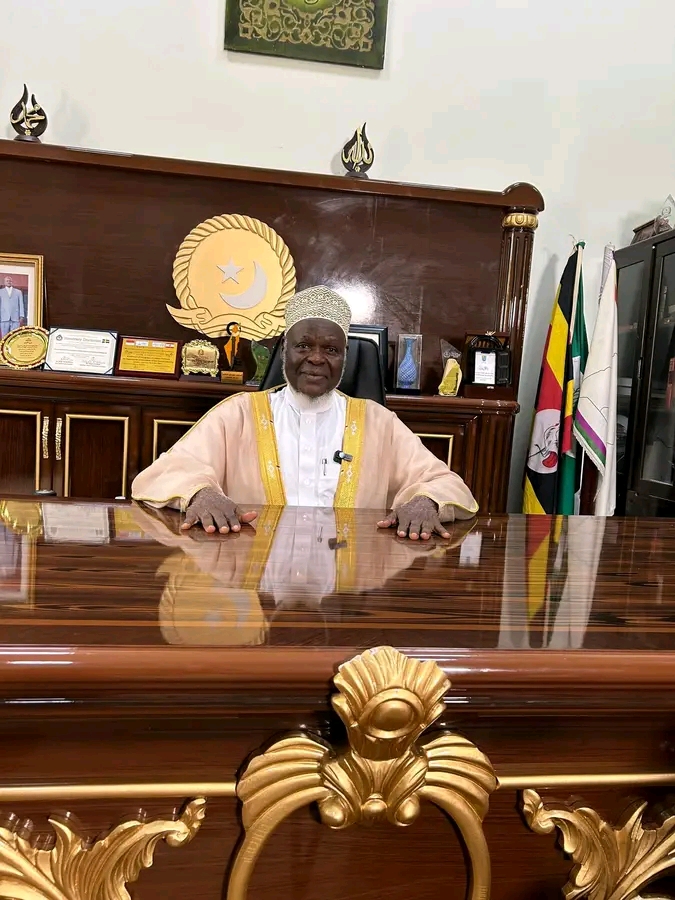The High Court in Kampala has reaffirmed the independence of religious institutions by dismissing a legal challenge against the leadership of His Eminence Sheikh Shaban Ramadhan Mubaje as Uganda’s Mufti.
The case was filed by Nsimbe Swaib, Twayib, and others, targeting Sheikh Mubaje, the Uganda Muslim Supreme Council (UMSC), and 43 additional respondents.
The petitioners sought to block Sheikh Mubaje from continuing in office, alleging that his re-election process violated the UMSC Constitution and lacked transparency.
In a 27-page ruling, Justice Bernard Namanya dismissed the petition on three main grounds.
First, the court held that the UMSC, as a private religious body, does not perform public functions and is therefore not subject to judicial review. Second, the judge invoked the religious question doctrine, which prohibits courts from intervening in matters of faith or internal religious doctrine.
Third, the court found that the petitioners had failed to exhaust UMSC’s internal mechanisms for dispute resolution, such as the Muslim Arbitration and Reconciliation Council.
The ruling effectively upholds Sheikh Mubaje’s continued leadership, following his re-election by Majlis Al-Ulama and subsequent endorsement by the UMSC Joint Session in February 2025.
While the petitioners claimed the election process breached several provisions of the UMSC Constitution, the court found their actions to be procedurally flawed and premature.
Justice Namanya dismissed the case without awarding legal costs and encouraged reconciliation among the parties. UMSC spokesperson Ashiraf Zziwa welcomed the decision, describing it as a victory for unity and institutional integrity.
The judgment reinforces a longstanding legal principle: internal matters of religious organizations, particularly those concerning leadership, are best resolved within the community, rather than through judicial intervention.

